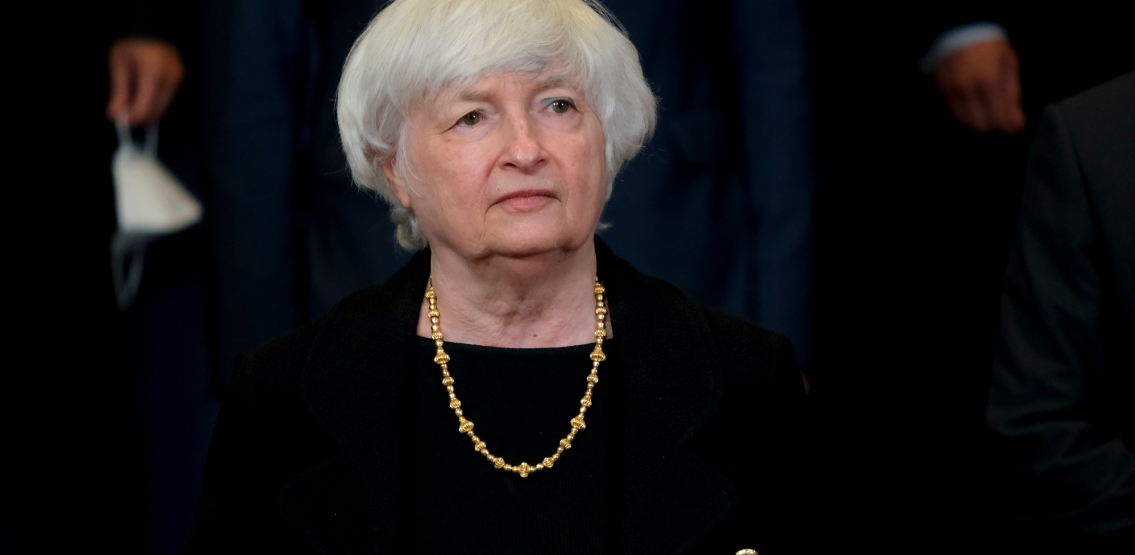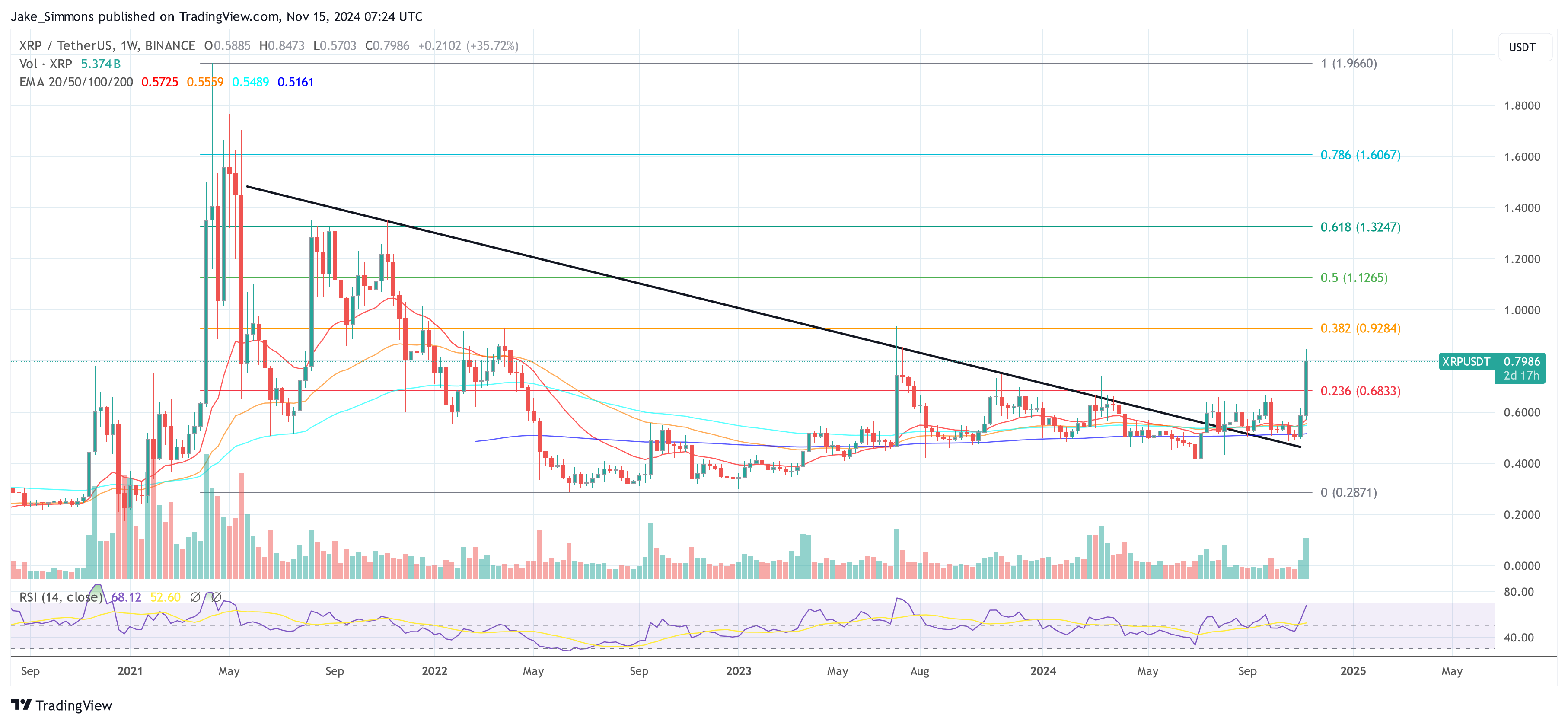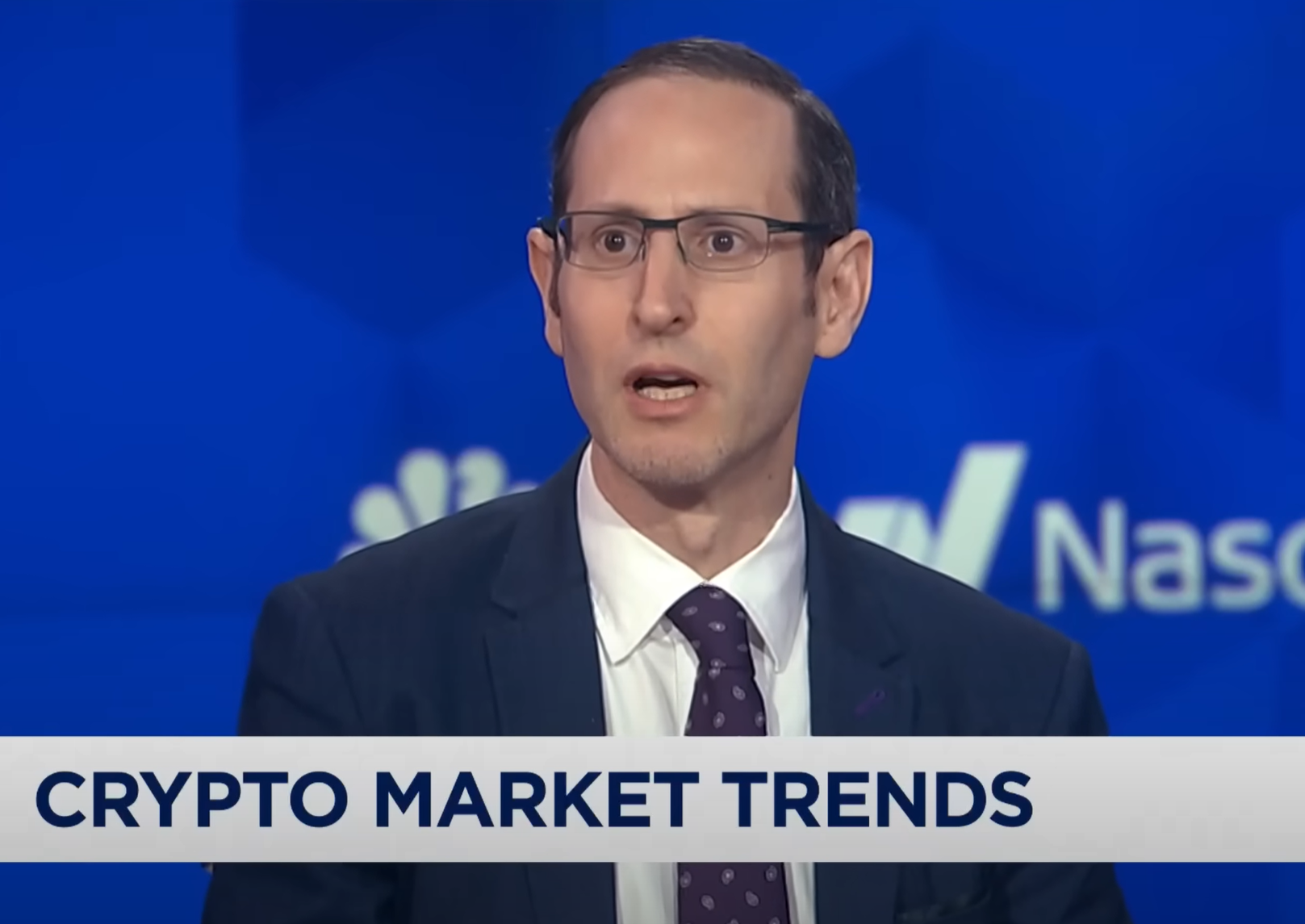Treasury secretary Janet Yellen has recently signalled that a US CBDC might be further off than thought. As China, the world’s other major super power is fully into trials for its digital yuan, and other countries across the globe are well into their research phase, could the US fall behind in the CBDC race?
Yellen made her most recent remarks on the situation on Thursday at American University’s Kogod School of Business Center for Innovation. She started by referring to President Biden’s Executive Order, which called for all US financial agencies to each prepare a report on digital assets.
However, she also gave her perception of cryptocurrency as being volatile, having higher fees, and having slower processing times than other forms of payment. With ‘other forms of payment’ it might be assumed that she was referring to the traditional payments system, but it may be argued that not all 3 of these supposed disadvantages are actually accurate.
She went on to highlight the Treasury’s 6 policy objectives, which were to protect consumers, investors, and businesses, to safeguard financial stability, to mitigate national security risks, to promote US leadership in the sector, to promote equitable access to safe and affordable financial services, and support responsible technological advances.
Yellen then shared her 5 lessons that should be applied to the emerging digital asset technologies.
Her first lesson looked at how the US financial system could benefit from responsible innovation, and here she admitted that currently it was very inefficient and that this inefficiency was mostly shouldered by people on lower incomes.
However, she appeared to focus more on the introduction of a CBDC as the possible answer to this problem.
The second lesson pointed out how when regulation failed to keep up with innovation, then it was the vulnerable that suffered most – no doubt a swipe at the large number of rug pulls that have happened in the crypto industry.
Thirdly she specified that regulation should be based on risks and activities, rather than on the technology itself. She mentioned the risks here of tax evasion, illicit finance, and national security.
Fourth lesson was to highlight that the US dollar and US financial institutions must take the central role, and the fifth lesson was to “work together to ensure responsible innovation”.
Opinion
As usual the world looks on in reverence as one of the most powerful women in the US holds forth on her ideas of how the US financial system should look like in the years to come.
We are forced to listen to someone, who until very recently, was stridently forthright on the impossibility of crypto playing any part in the financial system – at least up until she was probably sat down and educated a bit more on the matter by those who were probably becoming very uneasy with the current monetary situation.
She should now be forced to face some very unpalatable truths, that the financial system as it is, has contributed to debasing the purchasing power of all who accept and transact in the fiat dollar, as well as all the other fiat currencies out there.
She takes care to refer first to the poor and vulnerable in the system as those who she and the Treasury are most concerned to protect, without explaining why this was never the case in the many decades up to now. The poor have always borne the brunt of the failures of the fiat monetary system, and this has never been highlighted by the likes of Yellen in the past.
If the Treasury, and the other agencies come back in 6 months time and just recommend that the US goes ahead with the continued research and eventual roll out of a central bank digital dollar, then we will know that this whole period has just been a charade in order to gain time.
The US still has the possibility of saving itself. If it were to go down the route of embracing crypto innovation, and of imposing fair and measured regulation on the industry, then it could set itself up for the next few hundred years as the superpower that was brave enough to accept innovation.
However, if it goes in the other direction, and makes a ham-fisted mess of it, then it will either go the same way as all other world empires to date, or it will follow China’s lead into the financial slavery of its entire population.
Disclaimer: This article is provided for informational purposes only. It is not offered or intended to be used as legal, tax, investment, financial, or other advice.
Credit: Source link























